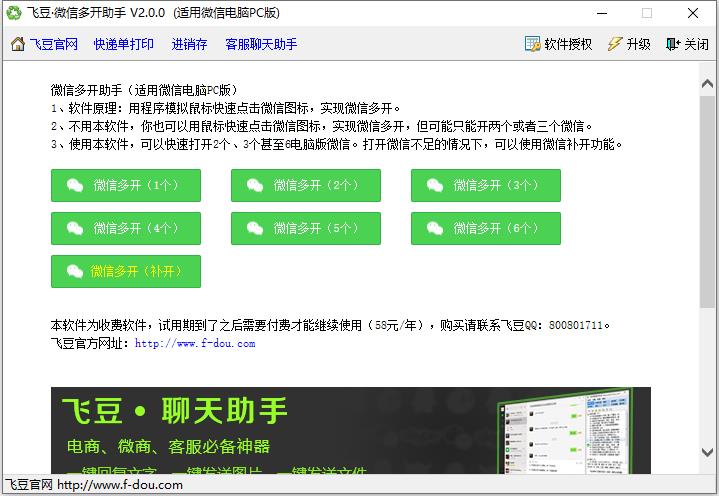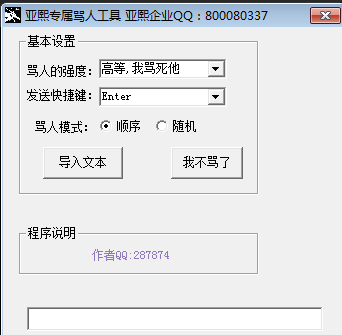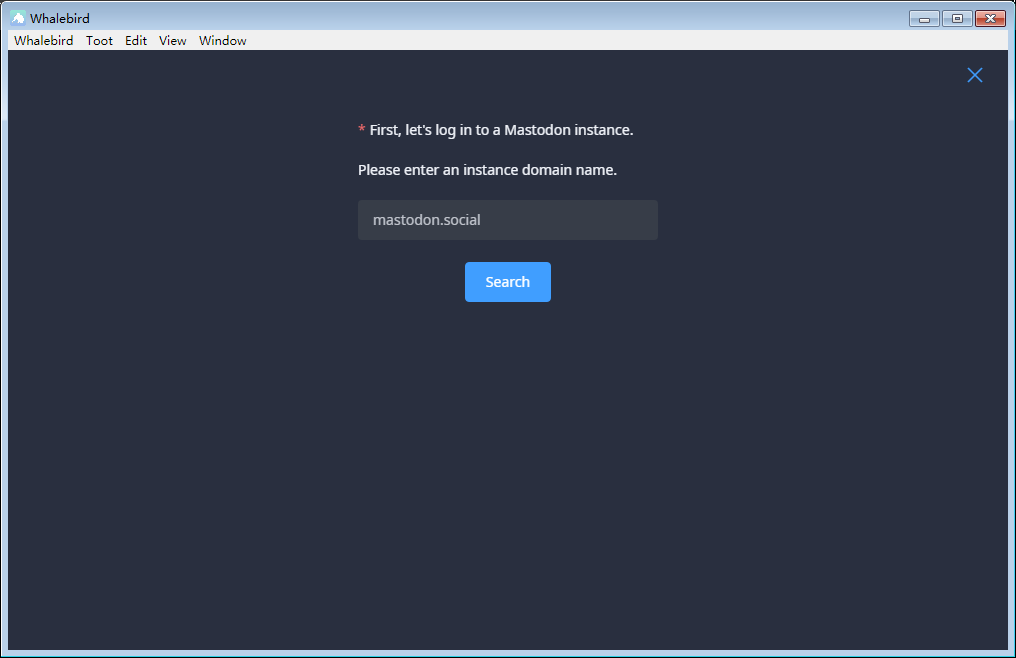golang如何使用etcd
时间:2023-05-10 12:52
在分布式系统中,配置管理是非常关键的一环。etcd是一个高可用、分布式、一致性的键值存储容器,常用于分布式协调、服务发现和配置管理等场景。而golang是一门编译型语言,因其高效性能和并发特性,成为使用etcd的不二选择。本文将介绍golang如何使用etcd。 在官网 https://github.com/etcd-io/etcd/releases 下载符合系统的版本,解压缩后运行etcd即可。 在golang中连接etcd的方式是通过etcd提供的clientv3库实现的。以下为一个简单的连接etcd的例子: 接下来我们可以使用clientv3提供的Put和Get方法来写入和读取键值对。Put方法将向etcd写入一个键值对,Get方法将从etcd读取该键的值。以下为一个完整的例子: 通过运行上述示例,我们可以在etcd中写入一个键值对,并从etcd中读取该键的值。 etcd的另一个强大功能是可以通过Watch机制实现对键值对的实时监控,一旦某个键值对发生了变化,就会立即得到通知。clientv3提供了Watch方法,我们可以用它来监听etcd中某个键的变化。以下为一个完整的例子: 在此示例中,我们创建了一个上下文,并使用Watch方法对etcd中的“hello”键进行监听。如果键的值发生变化,则Watch方法将返回一个包含发生变化的键值对的通知。我们可以遍历这些通知并输出对应的内容。 本文介绍了golang如何使用etcd,包含连接etcd、写入和读取键值对和监听键值对变化等方面的介绍。etcd是一个非常实用的分布式键值存储容器,结合golang的高效性能和并发特性,可以实现非常灵活和高效的配置管理。 以上就是golang如何使用etcd的详细内容,更多请关注Gxl网其它相关文章!go get go.etcd.io/etcd/clientv3
import ( "context" "fmt" "go.etcd.io/etcd/clientv3")func main() { config := clientv3.Config{ Endpoints: []string{"localhost:2379"}, // etcd endpoints DialTimeout: 5 * time.Second, } client, err := clientv3.New(config) if err != nil { // handle error } defer client.Close()}import ( "context" "fmt" "go.etcd.io/etcd/clientv3")func main() { // 连接etcd config := clientv3.Config{ Endpoints: []string{"localhost:2379"}, // etcd endpoints DialTimeout: 5 * time.Second, } client, err := clientv3.New(config) if err != nil { // handle error } defer client.Close() // 写入键值对 _, err = client.Put(context.Background(), "hello", "world") if err != nil { // handle error } // 读取键值对 resp, err := client.Get(context.Background(), "hello") if err != nil { // handle error } // 输出键的值 for _, ev := range resp.Kvs { fmt.Printf("%s : %s", ev.Key, ev.Value) }}import ( "context" "fmt" "go.etcd.io/etcd/clientv3")func main() { // 连接etcd config := clientv3.Config{ Endpoints: []string{"localhost:2379"}, // etcd endpoints DialTimeout: 5 * time.Second, } client, err := clientv3.New(config) if err != nil { // handle error } defer client.Close() ctx, cancel := context.WithCancel(context.Background()) defer cancel() // 监听键值对变化 rch := client.Watch(ctx, "hello") for wresp := range rch { for _, ev := range wresp.Events { fmt.Printf("%s %q: %q", ev.Type, ev.Kv.Key, ev.Kv.Value) } }}



























